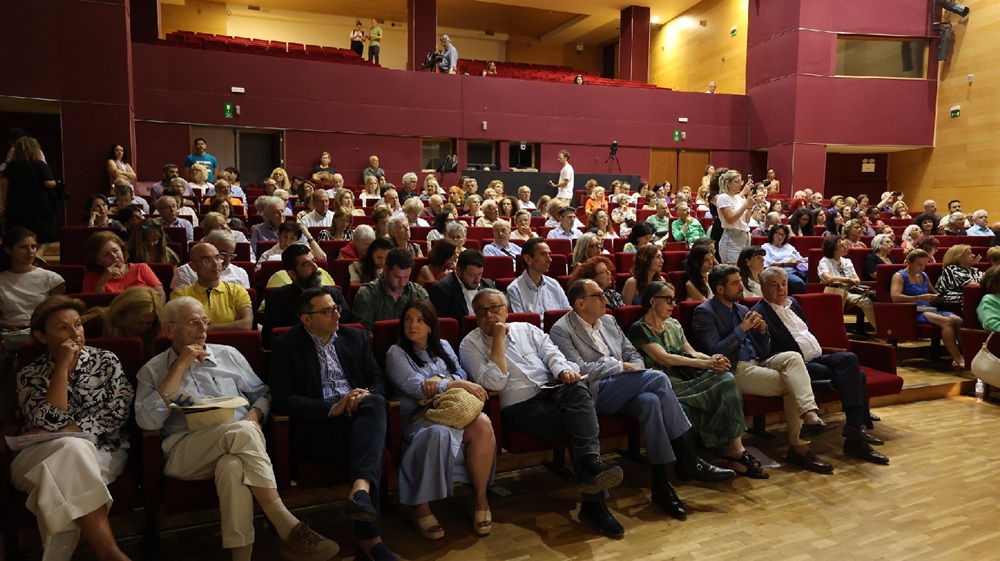
With brilliance and formality, the opening ceremony of the 4th Chania Book Festival (CBF) took place yesterday at the packed “Mikis Theodorakis” Theater in the Venetian Harbor of Chania, officiated by the President of the Hellenic Parliament, Mr. Nikitas Kaklamanis. This year, the Chania Book Festival, organized by the Municipality of Chania and the Region of Crete, is held under the auspices of the Hellenic Parliament and the Ministry of Culture.
In his address, the Mayor of Chania, Panagiotis Simandirakis, emphasized that “the Chania Book Festival does not honor the book as an object, but rather honors its people—authors, researchers, translators, publishers, and readers.” He highlighted the role of the book “as the most human of refuges,” noting that “it can express anxiety, record trauma, preserve history, and, above all, cultivate the rarest quality of our time: empathy.” Following him, the Governor of Crete, Stavros Arnaoutakis, underscored the value of books and stressed that the Chania Book Festival “confirms that the power of synergies is stronger and more effective than the forces of inertia and bureaucracy, and yields the greatest results in times of prolonged and multidimensional crisis.”
The opening of the Festival was greeted by Stavros Zoumboulakis, Chairman of the Board of Trustees of the National Library of Greece, followed by Nikos Bakounakis, President of the Greek Book and Culture Foundation (ELIVIP), who emphasized that “book and literature festivals represent a new form of legitimizing the literary field,” as they promote “the democratization of literature and culture in general, the audience’s experience, the building of a city’s image, economic development, the dissemination of national literature, the professionalization of authors and intermediaries such as critics and journalists, as well as the interaction of literature with other arts.”
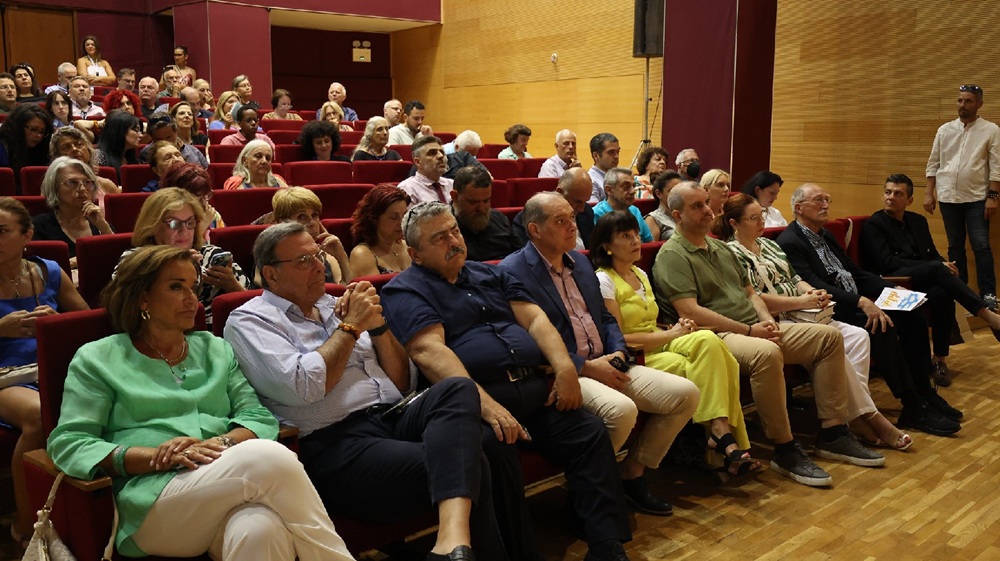
The director of the Festival, Manolis Pimplis, stated that “with its antennas stretched as much as possible,” this year’s Festival has the central theme “Our Home, the Planet,” and emphasized the need to cultivate trust in science and rational discourse. “This is a battle we are also trying to defend here with the means at our disposal—through dialogue and civilized exchange of ideas, by delving deeply into issues rather than viewing things superficially or through slogans.” He positioned book festivals as “fields for the formation and expression of collective thought,” as spaces “that promote literature but also dialogue and democracy, taking us each time a step forward both individually and collectively.”
Finally, the President of the Hellenic Parliament, Nikitas Kaklamanis, inaugurated the 4th Chania Book Festival, emphasizing that the Hellenic Parliament supports every event aimed at promoting a love of reading. He described the Chania Book Festival as “an institution of utmost importance for the intellectual life of Crete and all of Greece.” He stressed that “by organizing highly engaging discussions and dedicated sessions on major issues of our time, the Festival broadens and strengthens the creative exchange of opinions and ideas,” while “the coexistence of readers, authors, book critics, academics, researchers, publishers, translators, and people who shape and formulate book policy is something remarkable and brings the book out of its enclosed space.”
The 4th Chania Book Festival, from Wednesday, June 25 to Sunday, June 29, continues its dynamic and rich program with the participation of 160 speakers from 16 countries in 100 thematic discussions, book presentations, workshops, performances, and concerts. The festival focuses on books of contemporary Greek and international prose, poetry, and essays, centered around the Venetian Harbor of the city, between the Mediterranean Architecture Center and the “Mikis Theodorakis” Theater.

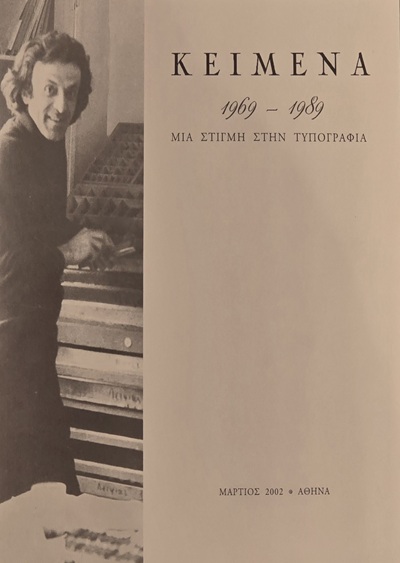
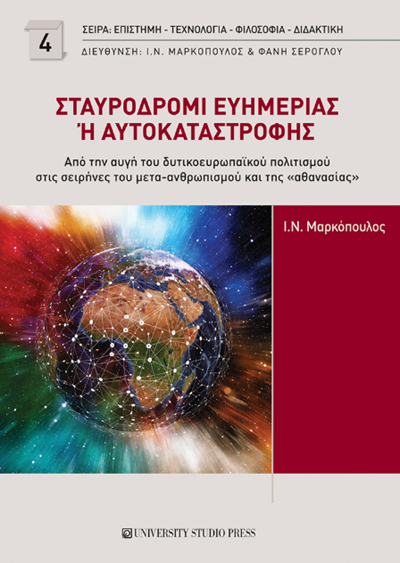
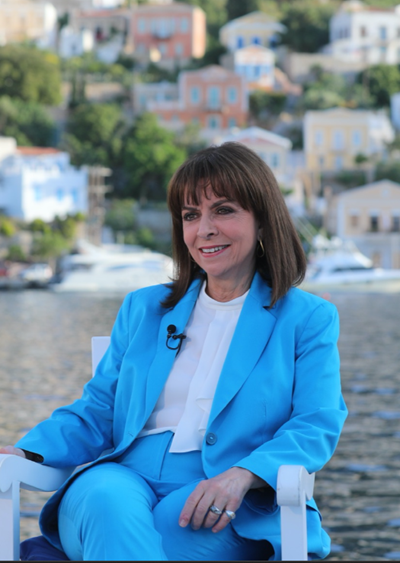
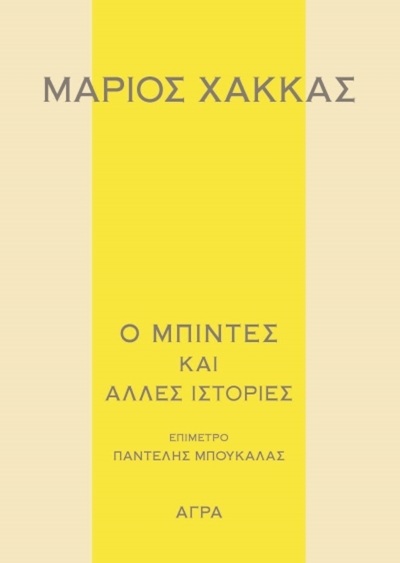


Leave A Comment